Salt is commonly known as a seasoning, but it also offers numerous health benefits. Let’s explore them together!
1. Nutritional Composition of Salt
Nutritional Value of Salt
On average, 100g of salt contains:
- 150mg of Sodium
- 0.8mg of Potassium
- 99.8g of Water
- 70mg of Chloride
- 39mg of Calcium
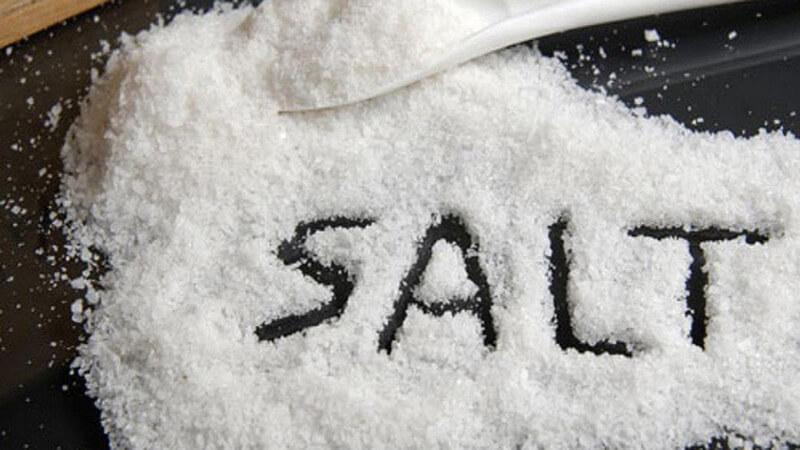 Nutritional Value of Salt
Nutritional Value of Salt
Benefits of Salt
Salt offers the following health benefits:
- Electrolyte Balance and Cramp Prevention: Salt is rich in minerals that the body cannot produce on its own, thus helping to balance electrolytes and prevent cramps.
- Thyroid Function: The thyroid gland produces hormones that regulate metabolism and bodily processes. Regular salt intake can support thyroid function and prevent the formation of malignant tumors. However, it’s important to consume salt in moderation for optimal health.
- Water Retention: Salt helps retain water in the body’s tissues and cells.
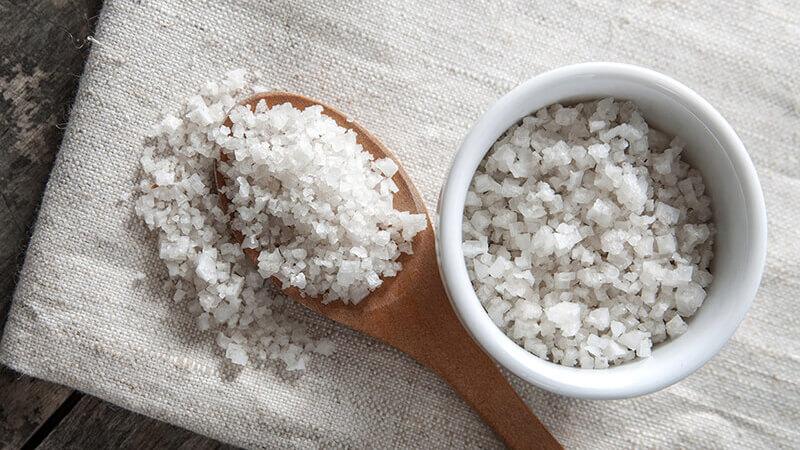 Benefits of Salt
Benefits of Salt
- Low Blood Pressure Prevention and Nervous System Health: The sodium in salt helps regulate blood pressure, prevents low blood pressure, and ensures water retention in all cells, supporting stable nervous system function.
- Antiseptic and Anti-inflammatory Properties: Salt has effective antiseptic and anti-inflammatory properties. In addition to culinary uses, diluted salt solutions can be used to disinfect wounds or mouth ulcers.
- Oral Health: Salt’s strong antiseptic properties can protect oral health. It is recommended to rinse with a diluted salt solution twice a day to kill harmful bacteria and eliminate bad breath.
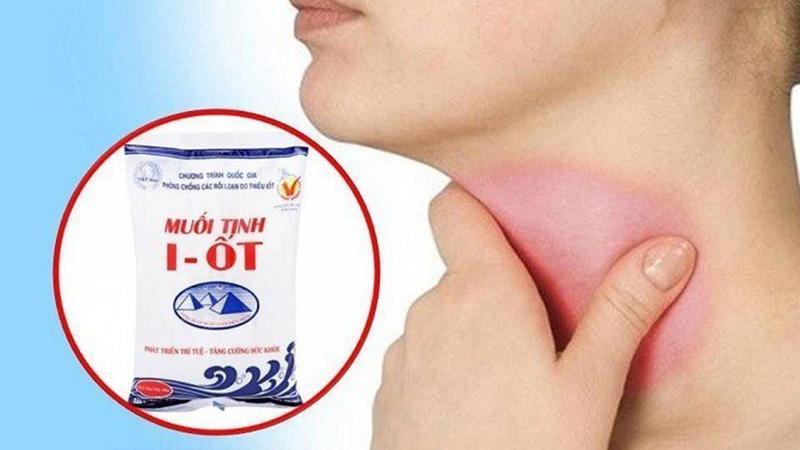 Salt Supports Treatment of Upper Respiratory Infections
Salt Supports Treatment of Upper Respiratory Infections
- Reduced Itching and Skin Inflammation: Dissolving salt in warm water and soaking or bathing in it can alleviate skin redness, inflammation, itching, and pain. Salt’s antiseptic properties also help prevent infections in damaged skin.
- Support for Upper Respiratory Infections: Rinsing with salt water can soothe a sore throat and reduce symptoms of upper respiratory infections such as sore throat, colds, flu, and tonsillitis.
- Improved Sleep Quality: Salt helps balance electrolytes, prevents dehydration, and regulates hormones in the body. These factors contribute to better sleep quality and deeper sleep.
2. How Many Calories are in 100g of Salt?
Caloric Content of Table Salt
Although 100g of table salt contains 0 calories, it is recommended to consume salt in moderation.
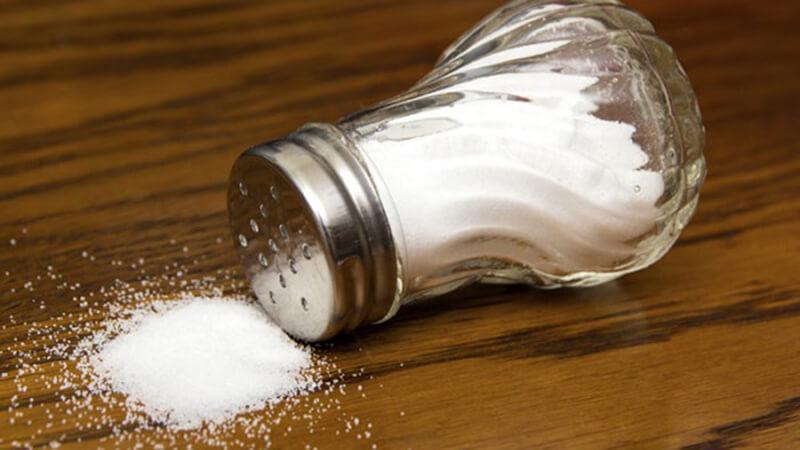 Caloric Content of Table Salt
Caloric Content of Table Salt
Caloric Content of Sesame Salt
According to nutrition experts, 100g of sesame salt provides approximately 573 calories, which is four times the energy provided by a bowl of white rice.
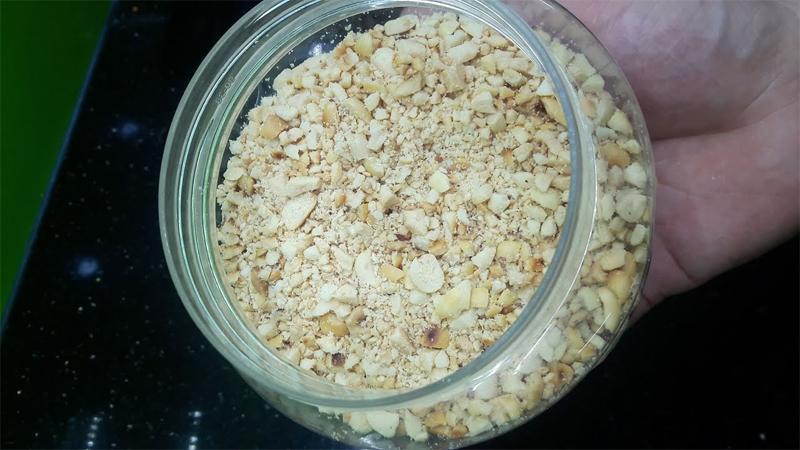 Caloric Content of Sesame Salt
Caloric Content of Sesame Salt
Caloric Content of Shrimp Salt
The caloric content of shrimp salt depends on the ingredients and preparation method. On average, 100g of shrimp salt contains approximately 145 calories.
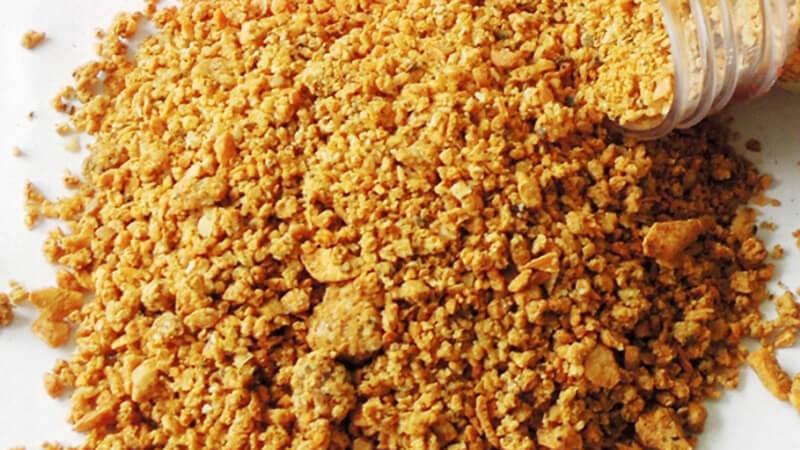 Caloric Content of Shrimp Salt
Caloric Content of Shrimp Salt
3. Does Eating Salt Make You Fat?
Although salt is calorie-free, consuming salt can cause water retention in the body, leading to weight gain. Additionally, a diet high in salt can increase body fat, especially around the abdomen.
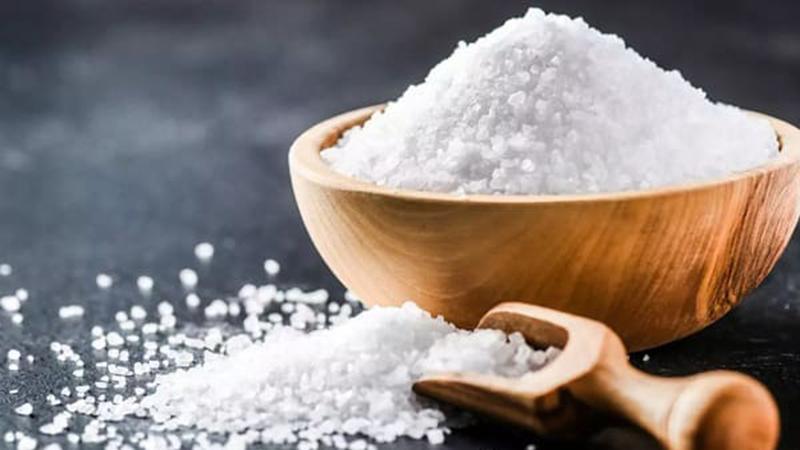 Does Eating Salt Make You Fat?
Does Eating Salt Make You Fat?
4. How to Reduce Salt Intake
Reducing salt intake in a scientific manner is essential for maintaining your health:
- Limit the use of seasonings such as fish sauce, soy sauce, and salt when cooking. Aim for approximately 1⁄5 of a teaspoon of salt per meal.
- Reduce or eliminate the habit of dipping sauces such as fish sauce, soy sauce, or salt during meals.
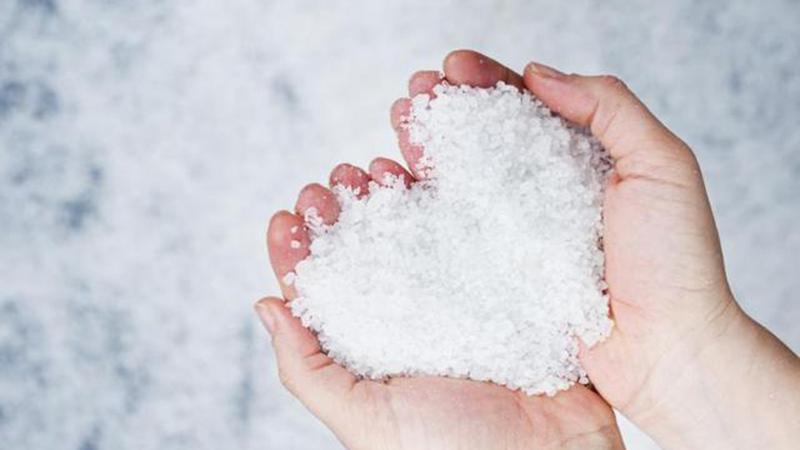 Ways to Reduce Salt Intake
Ways to Reduce Salt Intake
- Develop a habit of limiting processed foods and snacks.
- Choose low-sodium food options.
- When preparing food for young children, avoid adding salt. Offer them natural, unprocessed foods instead.
5. How Much Salt Should Vietnamese Adults Consume Daily?
For Vietnamese adults, the recommended daily salt intake is 5g, or about one teaspoon. For children under one year old, the recommended intake is less than 1.5g, and for infants, it is less than 0.3g.
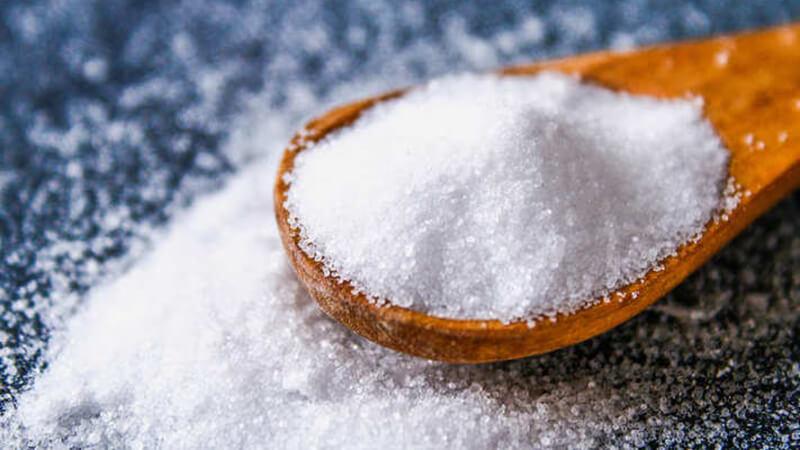 Recommended Daily Salt Intake for Vietnamese Adults
Recommended Daily Salt Intake for Vietnamese Adults
This article has provided insights into the nutritional value and health benefits of salt. We hope you found this information useful.
Source: Sức khỏe và Đời sống

































